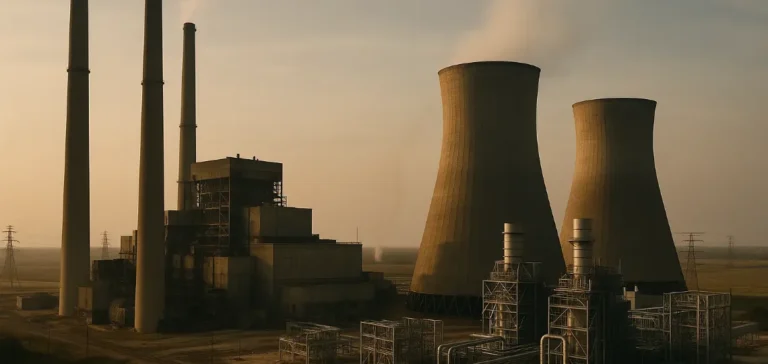Duke Energy Indiana, a regional subsidiary of the U.S. utility provider Duke Energy Corporation, has committed to conducting a technical feasibility study to assess the potential sale of its coal-fired electricity generation units at the Cayuga site, located in Vermillion County, Indiana. This initiative is part of an agreement reached with Reliable Energy Inc., which represents several coal producers in the state, subject to approval by the Indiana Utility Regulatory Commission (IURC).
Technical evaluation for potential sale
The agreement stipulates that, should local regulators approve the installation of two new natural gas plants at the same site, Duke Energy Indiana will conduct a detailed study on the feasibility of third-party continued operation of the existing coal installations. If the study confirms technical feasibility, the company will then issue a request for proposals to identify potential buyers interested in acquiring the concerned units.
The potential sale of these assets would take place following the scheduled commissioning of the two new natural gas-fired electricity generation units, estimated respectively for 2029 and 2030. According to the terms of the agreement, preparations and execution of the gas project will not be affected by this additional process.
Alignment with state energy strategy
This initiative aligns with recent directives issued by Mike Braun, Governor of Indiana, which call for thorough evaluations prior to the closure of coal power plants, aiming to maintain the stability of the state’s energy capacities. Stan Pinegar, president of Duke Energy Indiana, noted that the proposed new natural gas units are intended to effectively strengthen electrical capacity for the local grid.
Savannah Kerstiens, president of Reliable Energy, highlighted the significance of the agreement in maintaining reliable local energy production. She also credited Governor Braun and Secretary Jaworowski’s commitment as crucial in reaching this agreement. For Reliable Energy, keeping a range of options open remains essential to ensuring affordable and competitive electricity supply, particularly within the context of growing regional economic attractiveness.
Project timeline and impacts
Construction and operation of the new natural gas generation units at the Cayuga site will proceed according to the original timeline, with no delays expected due to the evaluation regarding the possible sale of the coal facilities. No modification of the estimated cost is anticipated because of this additional agreement.
At this stage, the final outcome of this initiative remains subject to the final decision by local regulatory authorities. This decision will be crucial for the future of Cayuga’s energy assets and for the evolution of Indiana’s energy infrastructure.






















